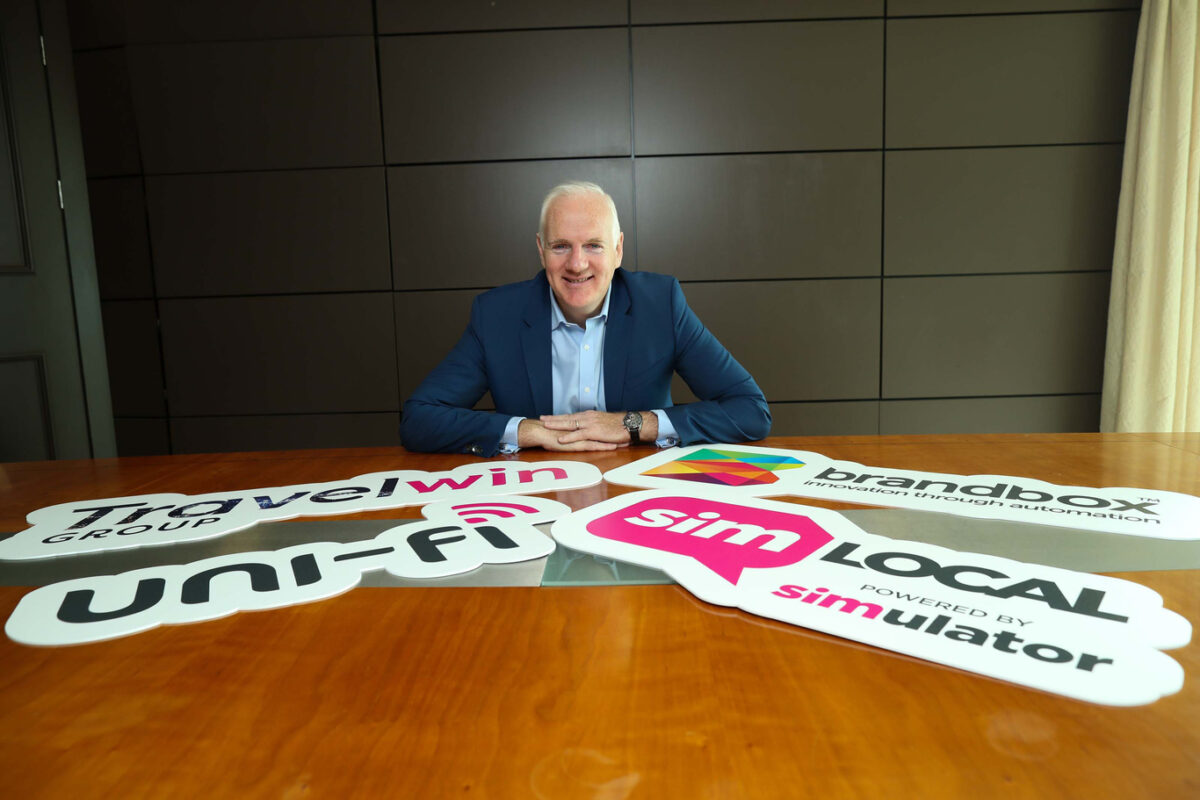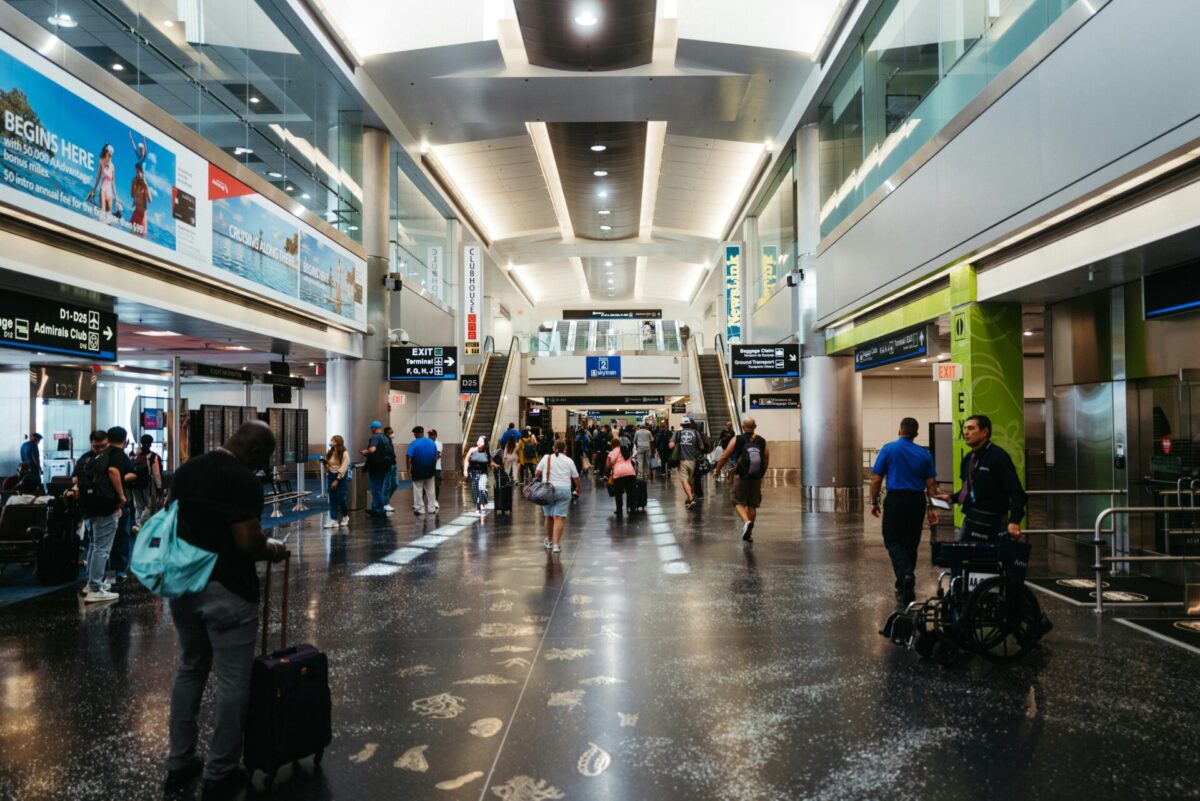The 2024 Paris Olympics, which officially got underway on July 26th, are expected to bring 1.5 million foreigners to the nation’s capital, and three times as many French tourists from outside Paris.
The influx of tourists has been a boon for Parisian rental owners looking to earn during the summer games.
As Airbnb co-founder and CEO Brian Chesky told CNBC, this year’s Olympics are “the biggest event in Airbnb history.”
At the same time, it hasn’t only been the Silicon Valley giant benefiting from the spike in tourism.
According to Polaris Market Research, the global eSIM market is expected to grow to $9.45 billion in 2024, and will reach $16.69 billion by 2032.
Why travelers are talking about eSIMs
A SIM – a small plastic card that fits inside one’s mobile phone – is an acronym for ‘subscriber identity module’. It holds information, including one’s mobile number, and enables individuals to use data, and to make and receive calls and texts. Many may never see their SIM cards — with the exception being when one travels.
eSIMs, or embedded SIM cards, are designed to supersede physical SIMs. In a nutshell, it’s a small chip embedded in one’s handset. The information on an eSIM is rewritable, meaning one can change your network without removing your SIM.
While there are a number of advantages to eSIMs, its primary one revolves around international travel. To those who are abroad frequently, it isn’t a surprise that ensuring a line of communication can be expensive and stressful. An eSIM is a hassle-free way to avoid hefty phone bills and roaming charges while abroad. Time is also saved as you don’t have to buy a physical SIM card in the visited country.
In fact, even on its support page Apple recommends that iPhone users use an eSIM when traveling abroad. It’s for these reasons that enterprises and regular travelers have been pushing for greater adoption of the technology.

Said Maria Yepes, Head of Affiliates & Customer Engagement at Sim Local, a leader in the eSIM industry that is expanding further into Latin America and across the globe, “Today’s travelers need to be in control of everything. They search for everything on their own, get information to review options and put together their entire destinations to suit their preferences. Additionally, they move around a lot during trips and use applications for almost everything. This requires being connected all the time, from the moment they first arrive at a new place.”
“The expansion of Sim Local in the Latin American market looks to enable all individuals to travel to other countries and experience connectivity like locals,” added Yepes.
In addition to providing an uninterrupted connectivity solution for travelers, the company provides 24-7 customer service and a website in Spanish.
Founded in Ireland, Born Global
By the end of 2024, Latin America is expecting a 13% increase in travel and tourism revenues across the region, with growth of more than 10% in countries including Chile, Peru and the Dominican Republic.
Sim Local, based in Dublin and London, is expecting this growth to translate into greater adoption of eSIM technology.
The company also has the backing of an impressive array of investors, including Cardinal Capital Group, which is Ireland’s largest provider of private equity to SMEs.
Founded by Irish entrepreneur Killian Whelan, Sim Local got its start in 2011 when its first retail shop was established in Dublin Airport.
The following year the innovator was already on his way to further growth, having been awarded a contract for the company’s first store in London Heathrow Airport.

Fast forward to 2019, and his company had already connected more than 700,000 travelers with local SIM cards via 300 contracted sales points across Europe and the United States. Two years later Whelan founded NetLync to capitalize on greater opportunities due to the growth of the eSIM industry, with the sister-company providing a multi-tenant PaaS to carriers and their end-users.
Today Sim Local has a presence in more than 100 airports across the globe, and continues to be a leading provider of connectivity in both physical and digital spaces.
Considering the growth of the tourism market, and the ease in which eSIMs can be purchased at any time and location in a matter of minutes, the adoption of eSIMs will continue to be an area of growth for the enterprise and a boost to travelers across the globe.
Said Vodafone Business, “We’re working with Sim Local to explore new opportunities to drive the adoption of eSim technology. eSIMs will make it easier and faster to access mobile networks and connect devices.”
“We can’t wait to see what’s possible together,” added the British telecom.

This article includes a client of an Espacio portfolio company












